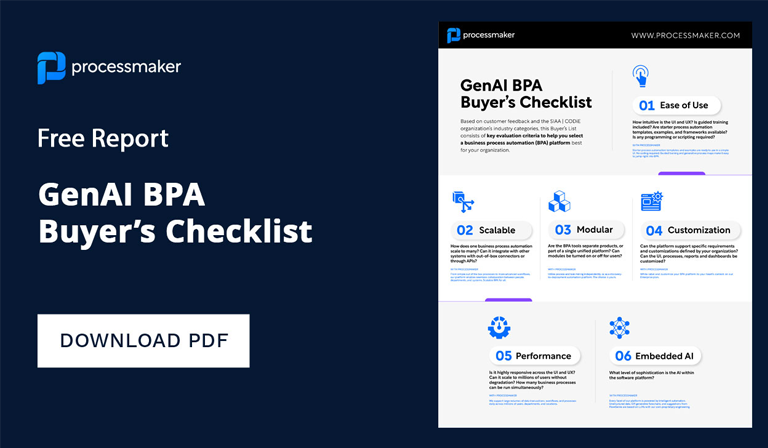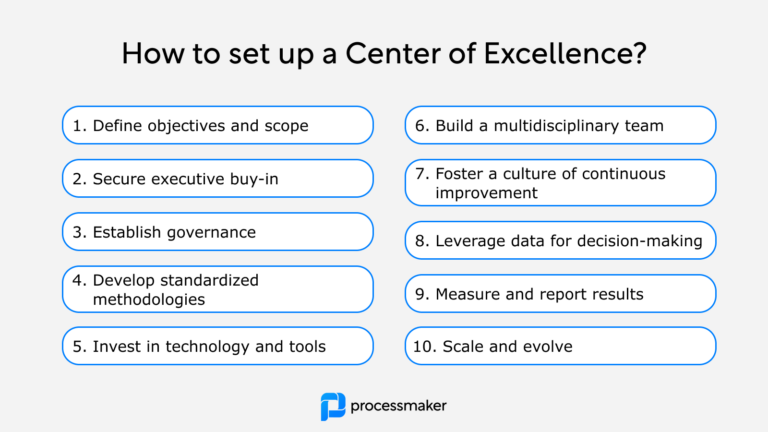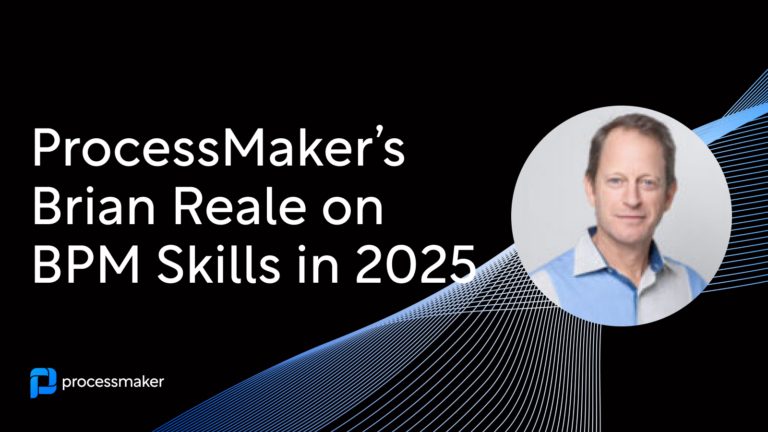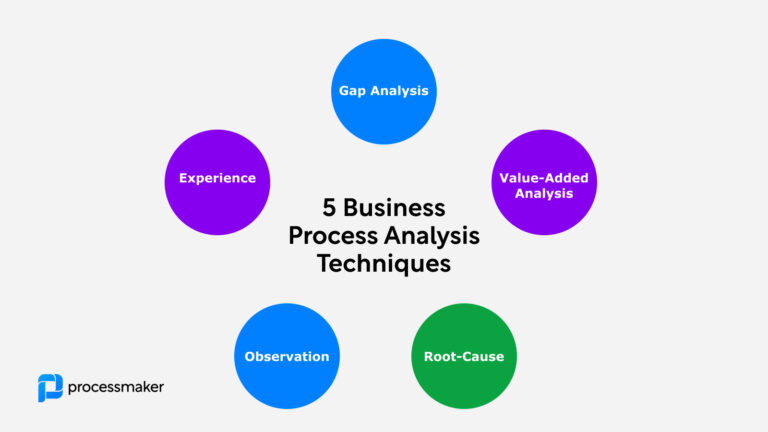Whether your company is ramping up or you have been in business for many years, creating efficient workflows to accomplish core objectives should be a priority. After all, how you get the job done directly relates to the quality of your product, the speed of production, and the cost of doing business. All of this impacts your bottom line. Streamlining workflows begins with defining your goals. Your approach depends on whether you are focused on business process management or project management.
Process Management
The terms “process management” and “project management” are often used interchangeably, but there are important distinctions. Understanding the difference will ensure you take the right steps to achieve your goals.
In short, processes are ongoing, while projects are single events with a defined start and finish. Processes are your company’s guidebook for getting the job done, while projects are one-off tasks that allow for innovation. Both are critical to business success.
Consider the activities that your employees do every day. In many cases, they repeat the same tasks over and over. In an educational setting, class schedules are designed the same way each year, from balancing instructor availability with student needs to obtaining all necessary administrative approvals. A process manager works to make this process as smooth as possible, identifying opportunities for efficiency and eliminating obstacles. Process managers ensure that every step is documented so the process can be reproduced as needed, regardless of staffing changes.
Other examples of processes include the specific steps that employees take to order office supplies, make an engineering change order, or a factory’s process for ensuring equipment is properly maintained. Process managers take ownership of these workflows so that work is completed accurately and efficiently. They are constantly on the lookout for ways to decrease the amount of time it takes to complete a process. And they watch for opportunities to reduce costs. Process managers are focused on consistency, making it possible to maintain and increase quality levels over time. As a result of well-managed processes, customers know what to expect – and businesses can meet or exceed those expectations every time.
Understanding Project Management
Projects, on the other hand, set out to achieve a defined goal that will change or enhance the basic operation of the business. Unlike processes, which make it possible to consistently replicate the same tasks, projects set out to create new products, new strategies, and new ways of doing business. In some cases, projects begin with a question: how can we create a stronger reputation in the local community? In other cases, projects have a specified objective: to design and implement a vocational training program. One thing all projects have in common is that they start with an idea and – when successful – end with a finished product.
Project managers are responsible for organizing ideas and creating a plan to accomplish the goal. They design and manage the project budget, gather a project team, and determine what tasks are needed to move from start to finish. Project managers assign work and monitor task completion, and they identify risks that stand in the way of reaching goals. They are responsible for mitigating those risks to ensure the project’s success.
Once the project is complete, the results could become a business process. For example, a project that successfully designs and implements a new customer service model will lead to new customer service processes that are repeated by staff members in each customer service interaction.
The Relationship Between Process Management and Project Management
Though process management and project management are distinct sets of responsibilities, they work together to create organizational success. Process management encompasses project management by creating space for innovation to take place. The right process for your business can determine micro-processes, ultimately dictating the flow of your projects. Organizations that lack defined processes often find that projects become chaotic and ultimately unsuccessful.
Understanding the differences between business process management (BPM) and project management (PM), as well as the relationship between the two functions, ensures that your approach is designed to maximize success.
Process management is ongoing, with a constant focus on optimizing efficiency and consistency. Project management is time-bound, and optimization primarily occurs once the project is complete. Projects are intended to create process change, while processes are intended to avoid any variation in results. Project management requires out-of-the-box thinking. Process management requires ensuring that the desired outcome is achieved with all of the appropriate steps occurring. Your success depends on adopting the appropriate mindset for process work vs. project work. This depends on the goal you want to achieve.
No matter where you are in the lifespan of your organization, your priority must be managing your processes. Whether you’re operating a start-up or multi-generational business, your customers rely on you to produce a dependable, high-quality product or service, and your processes make that possible. Project management, the key to taking your business to the next level, is only successful when your current processes are properly managed. Fortunately, advanced technology makes managing processes easier than ever.
For more information on optimizing process management, check out our white papers.





